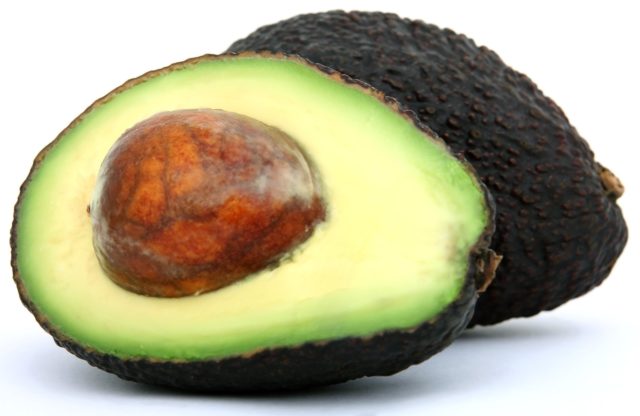
Avocados aren’t merely a tasty addition to a diet — they contain a fat molecule that may safely reduce insulin resistance.
A study by researchers from the University of Guelph, in Canada, suggests that this compound, which avocados alone contain, may forestall or prevent the hallmark of type 2 diabetes in mice.
The team also tested the safety of this compound in human participants. They have published a summary of their findings in the journal Molecular Nutrition & Food Research.
The problem with type 2 diabetes
Type 2 diabetes prevents the body from successfully processing glucose, or sugar, in the blood.
In people without diabetes, this processing happens with the assistance of the pancreatic hormone insulin. In people who have diabetes, the body either does not produce enough of the hormone, or it cannot use it effectively.
Either type of diabetes can cause too much glucose to remain in the blood, an unhealthy state that — if left unmanaged — can cause a range of serious issues, including heart disease, stroke, and kidney or nerve damage.
“We advocate healthy eating and exercise as solutions to the problem, but that’s difficult for some people. We’ve known this for decades, and obesity and diabetes are still a significant health problem.” – Nawaz Ahmed, lead author of the paper
Insulin resistance, say the study’s authors, occurs when mitochondria in cells cannot burn fatty acids via oxidation sufficiently. In diabetes, that oxidation is incomplete.
Meet AvoB
The compound in question is a fat molecule called avocatin B, or AvoB.
For the study, the researchers fed mice a high fat diet for 8 weeks to promote obesity and insulin resistance. Then, the team added AvoB to the diet of half the mice for the next 5 weeks.
At the end of the 13 weeks, the mice that had ingested AvoB had gained weight at a slower rate than their counterparts, and their insulin sensitivity had increased.
The researchers conclude that AvoB worked against incomplete mitochondrial fatty acid oxidation in the skeletal muscle and pancreas, ensuring the complete oxidation of fats, and thus leading to improved glucose tolerance and utilization, enhancing the rodents’ insulin sensitivity.
Disclaimer
The information contained in South Florida Reporter is for general information purposes only.
The South Florida Reporter assumes no responsibility for errors or omissions in the contents of the Service.
In no event shall the South Florida Reporter be liable for any special, direct, indirect, consequential, or incidental damages or any damages whatsoever, whether in an action of contract, negligence or other tort, arising out of or in connection with the use of the Service or the contents of the Service.
The Company reserves the right to make additions, deletions, or modifications to the contents of the Service at any time without prior notice.
The Company does not warrant that the Service is free of viruses or other harmful components












